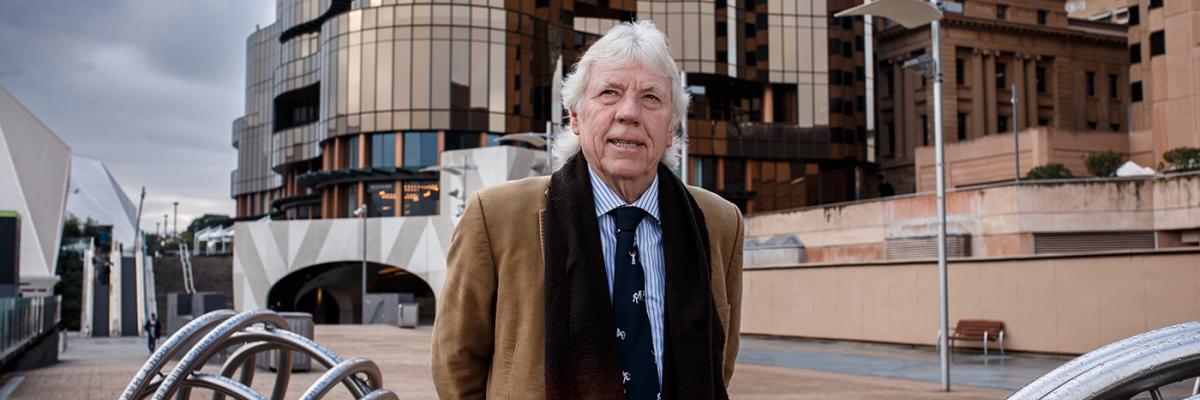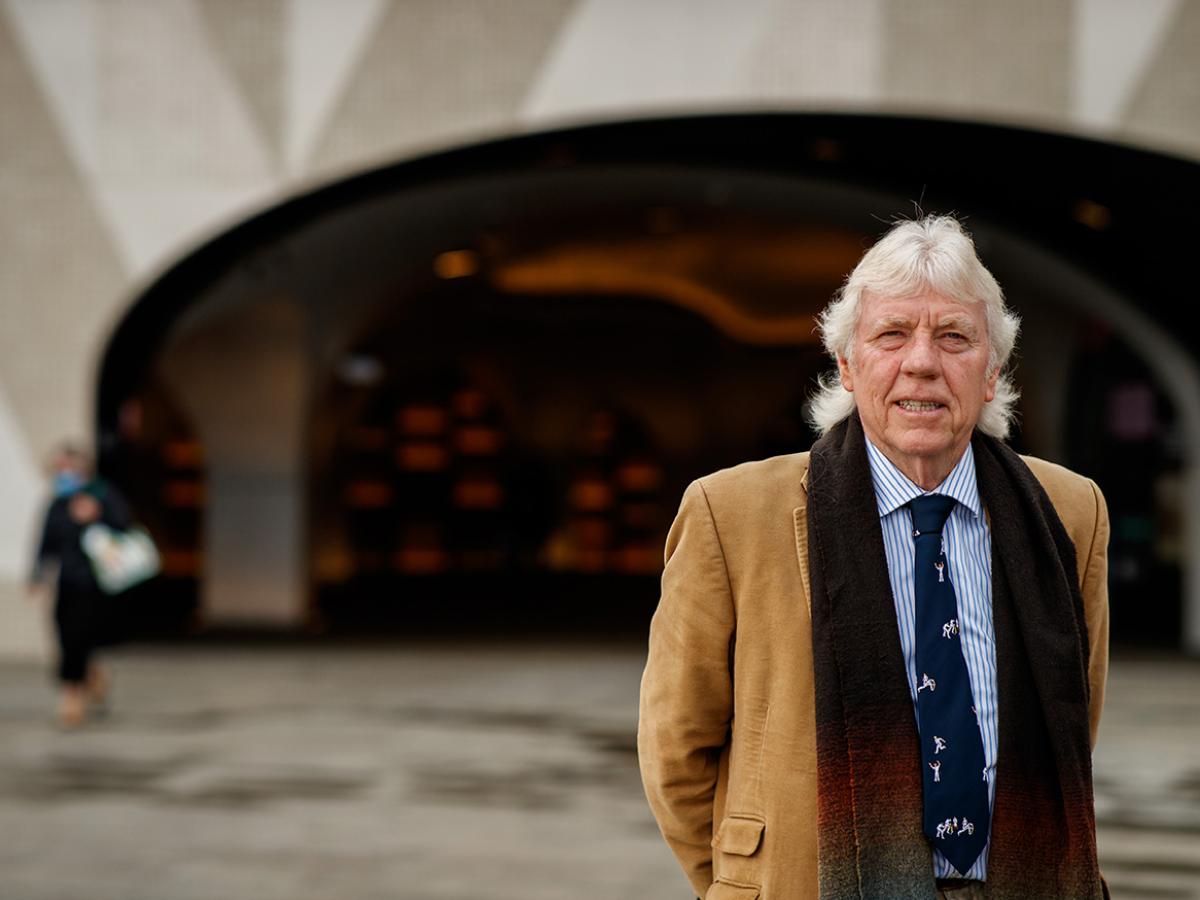Costs of COVID
Measuring the effects of COVID-19 on the economy

The effects of COVID on our state and economy will be felt for years to come, but who measures the impact of the pandemic on migration, industry and employment? And what was the real cost of the snap lockdowns?
The South Australian Centre for Economic Studies (SACES), a research unit of the University of Adelaide, has the answers. Turning 40 this year, SACES has produced more than 3500 reports, research and consultancy pieces about economic issues facing Australia. Bi-annually SACES also produces an Economic Briefing Report, providing commentary on economic and social issues relevant to South Australia and the nation and insights into its latest research.
The Centre also looks at some of the big issues facing the state, such as gambling and population migration. Most recently, it completed a number of papers about the effects of COVID on our economy. We spoke with Associate Professor Michael O’Neil, Executive Director at SACES, to discover more about some of these short and longer-term impacts.
Interestingly, for the first time since the early 1990s, South Australia saw an increase in interstate migration, with a growing number of people from other states seeing South Australia as an attractive state to wait out the pandemic.
Many industries felt the impacts of COVID – none more so than the hotel industry. A snap lockdown in November 2020 saw businesses shut down for six days with no warning. SACES was commissioned to report on the full impact of the lockdown and found:
- between $7–10 million worth of food and alcohol were wasted.
- $100 million in turnover lost.
- 12,500 fewer jobs.
- $30 million of lost sales for food and produce suppliers.
- employment is estimated to have dropped by almost 80%, or 20,000 per day.
The report found more consultation was needed with industry to strike a balance between reducing the risks to the community and suppressing the virus, while also meeting the hotel industry’s needs. In future, whether it be another COVID-19 outbreak or something else, Michael said putting some more targeted geographical restrictions could help reduce the costs to the economy.
“When there are only cases of COVID seen in city areas, there is no reason to close a country pub, or cancel weddings and funerals in those areas, provided intrastate travel is restricted,” he said. Michael said another takeaway from the report was a recommendation on giving businesses warning of a lockdown. “Advanced warning is critical to minimise disruption and wastage, allowing for food stock to be sent elsewhere to benefit the community,” he said. “With very little warning, businesses were forced to dump millions in food.”

Professor Michael O'Neil
Along with the November 2020 lockdown report, SACES was also commissioned to do a series of reports on the effects of COVID-19 on the South Australian economy, investigating population trends and migration, workforce shortages and employment. These were commissioned by the Independent Research Fund (IRF).
IRF was established in 2018 by the South Australian business community. It approached SACES with a desire to support independent, broad-based, public policy research of benefit to the South Australian economy and the wider community. The IRF is made up of corporate members from the private sector. The purpose of the fund is to expand SACES economic research, including:
- deepening, widening and stimulating publication and economic debate.
- commissioning and subsidising research into the economic, industry and social policy issues of importance to South Australia’s economic, industrial and social development.
- providing evidence-based research and public discussion on issues that underpin or impede economic, industrial and social policy development in South Australia.
“The IRF commissioned us to look at population trends, the changing demographics in the state and to overcome some of the employment shocks,” said Michael. “Moving forward, these reports will help inform policy and inform decisions around our recovery from the pandemic.”
These papers revealed some interesting migration trends as a direct result of COVID-19. When the borders closed in 2020, it may have contained the virus’ spread, but it also had a significant impact on migration and South Australia’s population. The closed borders brought international student arrivals and overseas migration to a halt. “South Australian population growth relies on overseas migration. With the borders closed, we found the population in the state essentially came to a standstill,” Michael said.
Interestingly, for the first time since the early 1990s, South Australia saw an increase in interstate migration, with a growing number of people from other states seeing South Australia as an attractive state to wait out the pandemic. The small gains in interstate migration sparked by the pandemic, however, didn’t make up for the overall decline. “South Australia actually gained 100 people per quarter from interstate movement, which may seem like a small amount, but previously the state was losing approximately 1350 people per quarter,” said Michael.
The report investigated what South Australia’s population might have looked like if the borders remained closed and found the population would decline to 1.70 million by 2024, below the 1.72 million figure in 2017 – highlighting the importance of migration for South Australia’s population growth. According to Michael, “overseas migration is critical to mitigating the effects of population losses and plays a fundamental role in growing the overall population”.
The reports found young people aged 15-24 felt the biggest employment shocks during the pandemic. The areas faced with the biggest employment cuts, such as hospitality, retailing and recreation service, disproportionately affected young people. The recommendation from the papers is that more support for education and training of young people is the key to offsetting the employment disruptions felt by pandemics.
“Our analysis confirms the dire need to improve the levels of support for education and training for young people, not only in response to COVID-19, but in the interests of creating a well-qualified base on which young people can build long-term, sustainable careers,” said Michael.
We hope lockdowns and closed borders are a thing of the past, but having information on hand for another wave, or new pandemic, will put South Australia in a stronger position to make informed decisions.
Story by Renee Capps
Photos by Matt Turner
